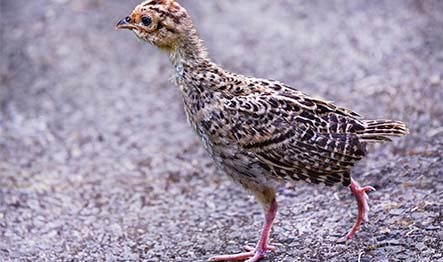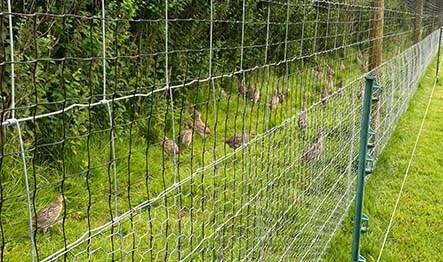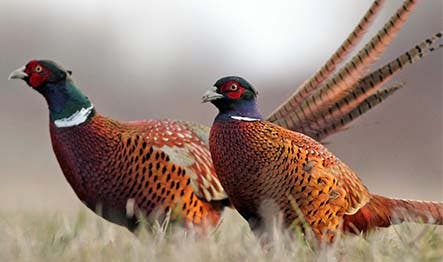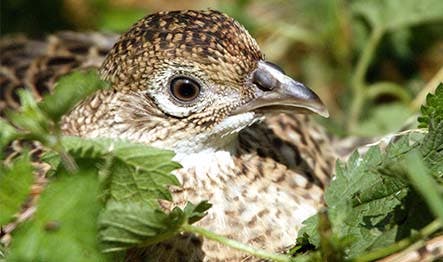News

Protect your poults
Studies have found that all estates across the country are infected with worms. Young birds are particularly susceptible to the threat of infection because when they are moved into the release pens their naïve immune systems can become overwhelmed with new parasitic challenges.

Controlling the gapes, blackhead and hairworm in game birds
Veterinary surgeon Alistair Chilcott from Mount Vets discusses why in-feed medication with Flubenvet 5% is vital in supporting your birds’ health and performance. “In a year where every poult is highly valued, we must ensure the birds’ health is looked after throughout the production cycle; especially in the release pen where challenges in the environment are less within our control,” says Alistair.

The use of deworming treatments in game birds
Parasitic worms such as gapeworm and hairworm can seriously effect game bird performance and controlling these parasites is a problem that gamekeepers and game farmers face year on year.
Protecting pheasants and partridges, including overwintered hens, as poults through rearing into release from the threat of parasitic worms should be one of the key objectives to increasing performance.

Don't let worms take advantage this rearing season
Whether poults are sourced externally or produced from home reared stock, breeding hens will need to be in optimum condition in order to produce the best quality chicks. Pheasants and partridge must maintain good health throughout the winter and spring months to ensure optimal hatchability and production.
When overwintered hens are caught up ahead of laying, their stocking density increases and consequentially their parasitic challenge also rises.
Flubenvet 5% w/w Premix: for Medicated Feeding Stuff contains the active substance Flubendazole 50 mg/g. Flubendazole is a broad spectrum anthelmintic, effective against mature and immature stages and eggs of the following nematodes of chickens, turkeys, geese, partridges and pheasants: In the gastrointestinal tract: Ascaridia galli, Heterakis gallinarum, Capillaria spp., Amidostomum anseris and Trichostrongylus tenuis. In the respiratory tract: Syngamus trachea. Legal category: POM-VPS.
Information regarding the side effects, precautions, warnings and contra-indications can be found in product packaging and leaflet; further information can be found in the Summary of Product Characteristics
Flubenvet™, Elanco and the diagonal bar logo are trademarks of Elanco or its affiliates.